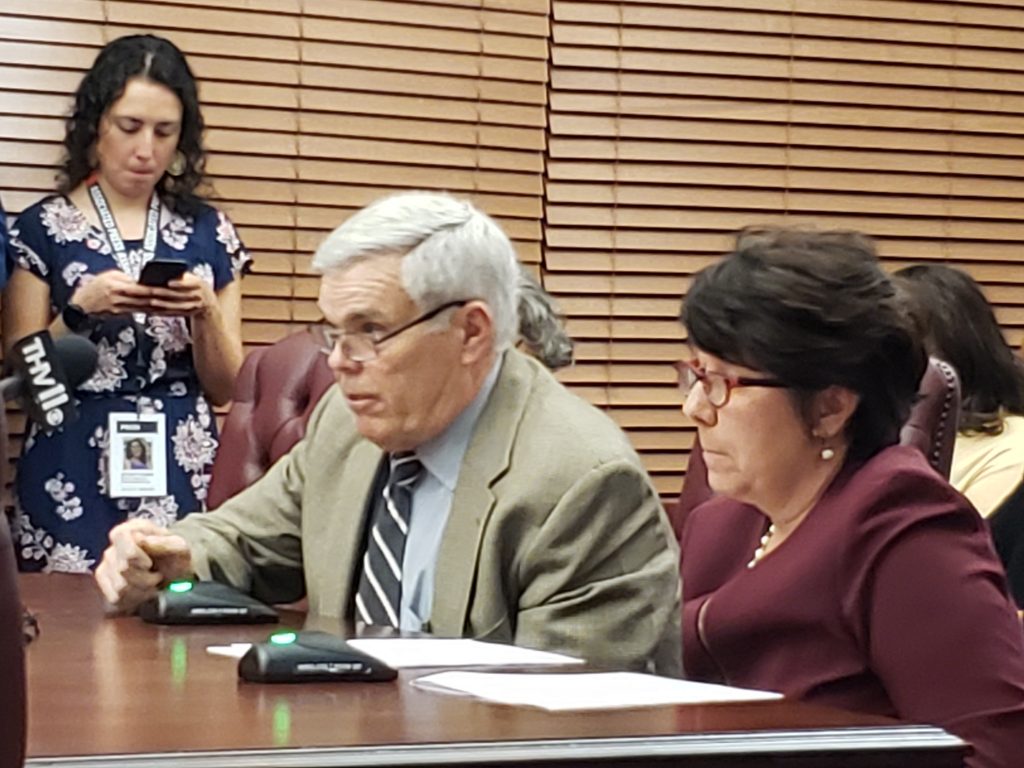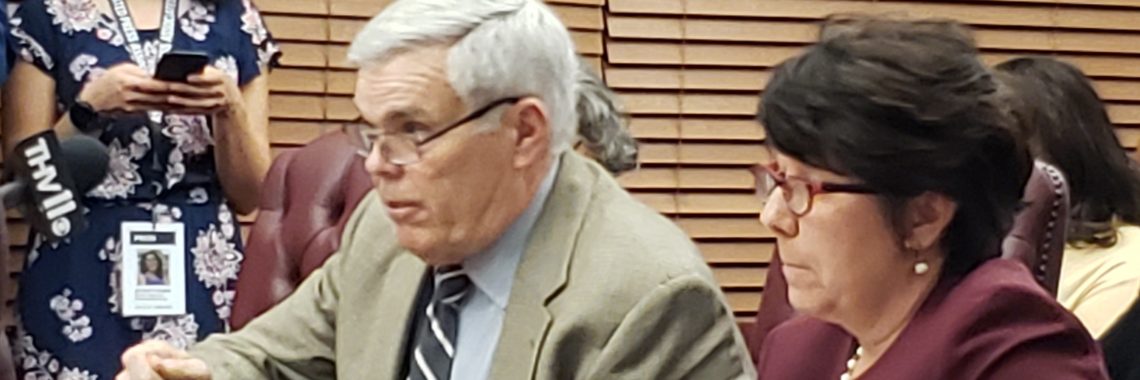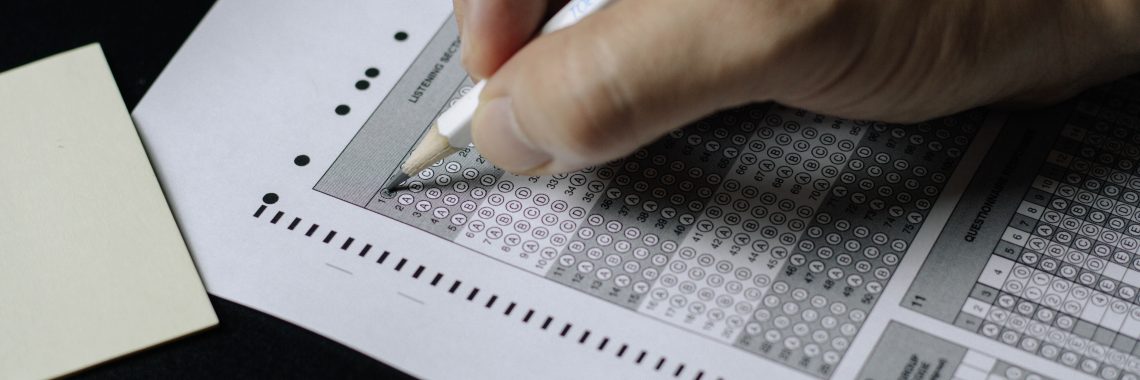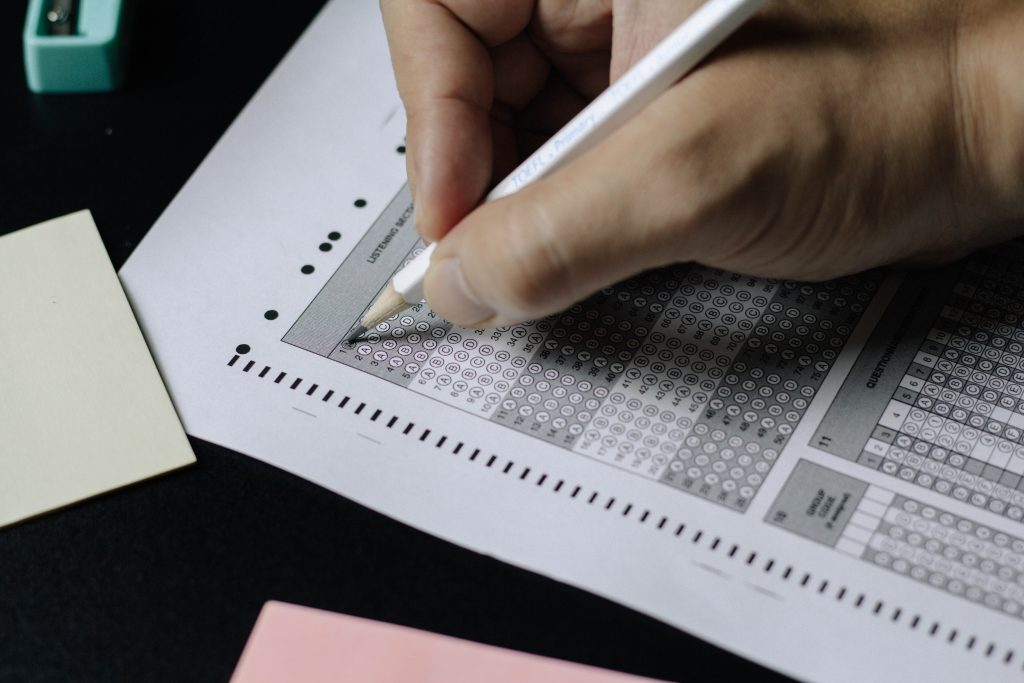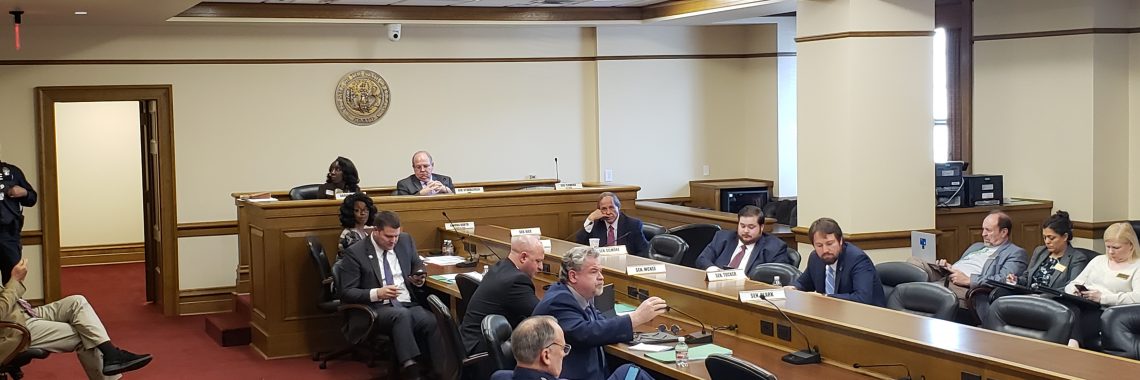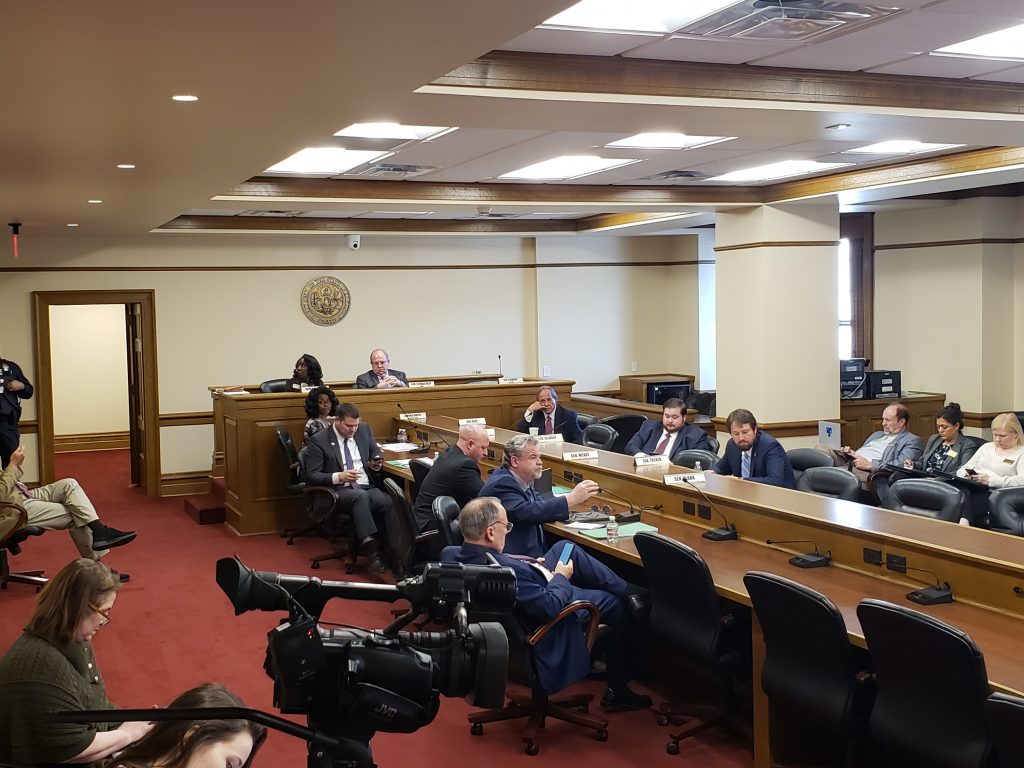A measure filed at the Arkansas Legislature on Tuesday would provide students in Arkansas with equal access to college and career readiness assessments like the SAT and ACT exams.
Organizations like College Board, National Merit Scholarship Corporation, and others are responsible for college and career readiness assessments. These tests are crucial for students who want to attend college or qualify for scholarships.
Most of these college and career readiness assessments are nationally-recognized, norm-referenced tests. Students typically take these exams outside of normal class hours at a school that has agreed to serve as a test site for the exam.
In many cases, the test site may be a school that the student does not attend.
H.B. 1428 by Rep. Cameron Cooper (R – Romance) and Sen. Matt McKee (R – Pearcy) ensures that public, private, and home schooled students have equal access to college and career readiness assessments offered at public schools in Arkansas.
Under H.B. 1428, a public school that serves as a test site for one of these college and career exams would not be able to use the student’s enrollment status as grounds for denying the student access to the test.
Testing organizations like College Board also provide recommendations for accommodating students who have physical disabilities or learning disabilities.
H.B. 1428 ensures that public schools that serve as a test site for one of these exams will provide accommodations as recommended by the testing organization if a student has a verifiable physical disability or learning disability.
H.B. 1428 is a good bill that will ensure students have equal access to college and career readiness assessments regardless of where they attend school and regardless of any disabilities that they may have.
You Can Read H.B. 1428 Here.
Articles appearing on this website are written with the aid of Family Council’s researchers and writers.
READ MORE
